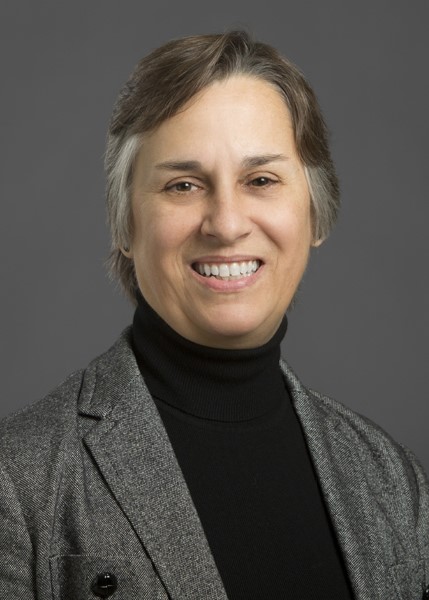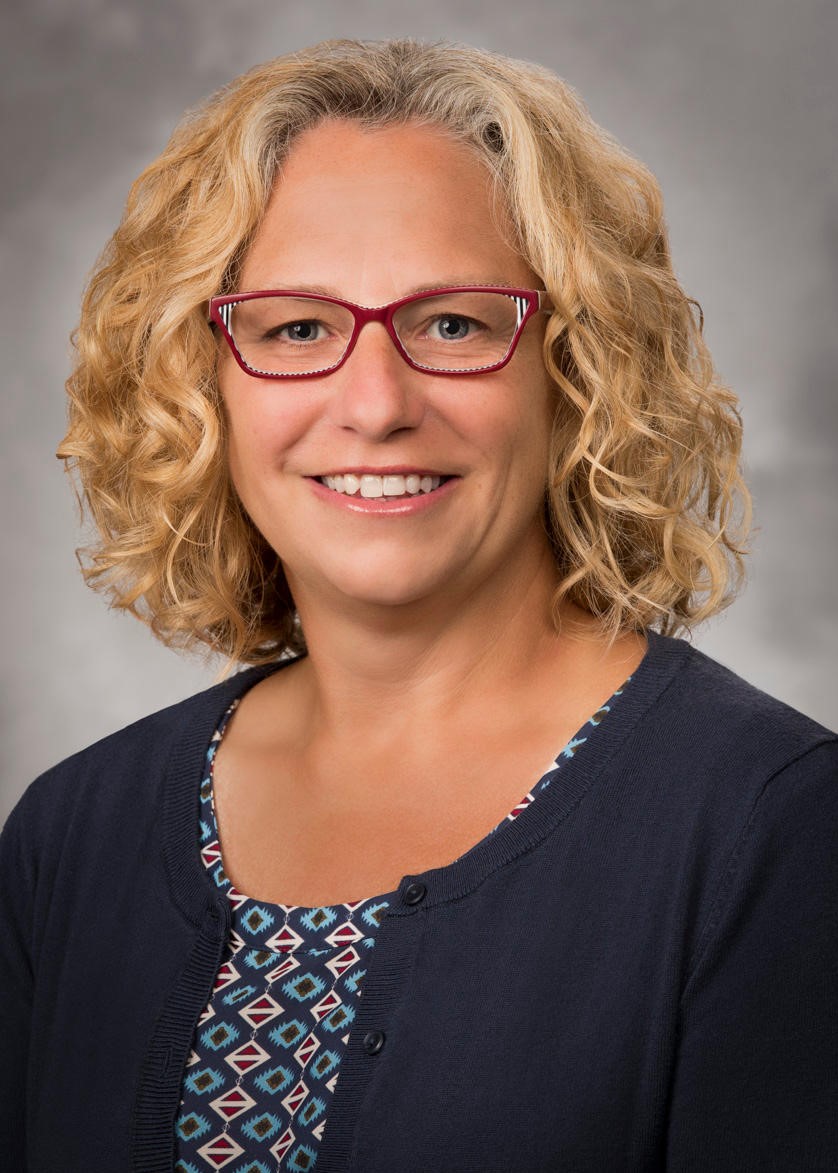Public Health and Population Health: A Distinction with a Difference: Part 2
Webinar Details & Objectives
For the past decade, leaders in health care have been talking about population health and its importance in improving the health of the nation. The simplest definition of population health is "the health outcomes of a group of individuals, including the distribution of such outcomes within the group" (Kindig and Stoddart, 2003). This term is often used seemingly interchangeably with public health-so what does that mean? Is population health the same as public health? If they are different, what are the differences? How do these concepts look in nursing practice-and how can faculty educate nurses effectively in each area, at both entry and advanced practice levels? The new AACN Essentials focus on core population health competencies at both the entry and advanced level of nursing practice. As examples of this, AACN will present two webinars looking at similarities and differences between public health and population health in nursing practice-and nursing education. Part 1 webinar will focus on public health and population health in nursing education at the prelicensure/entry level of education and practice, and Part 2 webinar will focus on population and public health in advanced/specialty nursing practice and education.
This webinar is funded by the Centers for Disease Control and Prevention’s Academic Partnerships to Improve Health.
Objectives
- Compare and contrast population health and public health in nursing education
- Describe key characteristics of public health clinical experiences at the
- Graduate level
- Entry level
- Describe key characteristics of population health in clinical practice at the
- Graduate level
- Entry level
Speakers
 Susan M. Swider, PhD, PHNA-BC, FAAN
Susan M. Swider, PhD, PHNA-BC, FAANProfessor
Community, Systems and Mental Health Nursing
Rush University
Susan Swider is a Professor in the Department of Community, Systems and Mental Health Nursing at Rush University in Chicago. Dr. Swider has practiced in acute care, home health care and public health settings over the past thirty years. Her research has focused on program development and evaluation of community health workers, engaging urban communities in health promotion, and health policy to support health promotion efforts. She has taught public health nursing at the pre-licensure and graduate/specialty level at several universities, and co-directed 10 years of HRSA supported work to develop an online doctoral program in Advanced Public Health Nursing, ensuring that it met the Quad Council competencies for Public Health Nursing practice. She is a member of a number of public health and public health nursing organizations and is a past president of the Association of Community Health Nursing Educators (ACHNE). In her role with ACHNE, she served on the Quad Council for Public Health Nursing organizations and was a member of the Task Force that revised the Competencies for Public Health Nursing (2010-2012). In 2011, Dr. Swider was appointed by President Obama to the Advisory Group on Prevention, Health Promotion and Integrative and Public Health, a group designed to advise on the development and implementation of the National Prevention Strategy. She is also a fellow of the American Academy of Nursing and of the Institute of Medicine of Chicago. In 2016, she was appointed to serve on the Community Preventive Services Task Force of the Centers for Disease Control and Prevention.
 Michelle Heyland, DNP, APN, PMHNP-BC
Michelle Heyland, DNP, APN, PMHNP-BCAssistant Professor
Director of PMHNP Program
College of Nursing
Rush University
Michelle Heyland is a board certification psychiatric & mental health nurse practitioner with 8 years of experience as a nurse practitioner and 13 years as a nurse working in mental health overall. She has worked in a variety of inpatient and outpatient settings, currently working at a community mental health center and operating her own private practice. She is also director of the PMHNP program at Rush University College of Nursing and an Associate Professor. Her area of scholarship is emergency department diversion of people in mental health crisis. She has worked extensively with the Living Room model, which provides a community based crisis respite center for people experiencing psychiatric emergencies.
 Elizabeth A. Loomis, DNP, APRN, FNP-BC
Elizabeth A. Loomis, DNP, APRN, FNP-BCAssistant Professor
Eastern Michigan University
Elizabeth A. Loomis is an Assistant Professor at Eastern Michigan University, School of Nursing and a board-certified Family Nurse Practitioner. Dr. Loomis received her DNP at Rush University in Transformative Leadership: Population Health. In addition to teaching full time, Dr. Loomis practices part-time in an OB/GYN office. Her clinical interests include safe opioid prescribing, and the primary care of women, specifically working with adolescents and young adults regarding safe sex practices and STD prevention.
Pricing and CE Credit
This webinar is free to deans, faculty, staff and students from AACN member schools of nursing. All non-member audiences will be required to pay a $59 webinar fee.
Continuing Education Credits
 Eligible attendees may receive one continuing nursing education (CNE) contact hour for participating in this webinar. The American Association of Colleges of Nursing (AACN) is an accredited CNE-provider by the American Nurses Credentialing Center’s Commission on Accreditation. The Association of Schools and Programs of Public Health (ASPPH) works with the National Board of Public Health Examiners (NBPHE) to provide CPH credits.
Eligible attendees may receive one continuing nursing education (CNE) contact hour for participating in this webinar. The American Association of Colleges of Nursing (AACN) is an accredited CNE-provider by the American Nurses Credentialing Center’s Commission on Accreditation. The Association of Schools and Programs of Public Health (ASPPH) works with the National Board of Public Health Examiners (NBPHE) to provide CPH credits.
